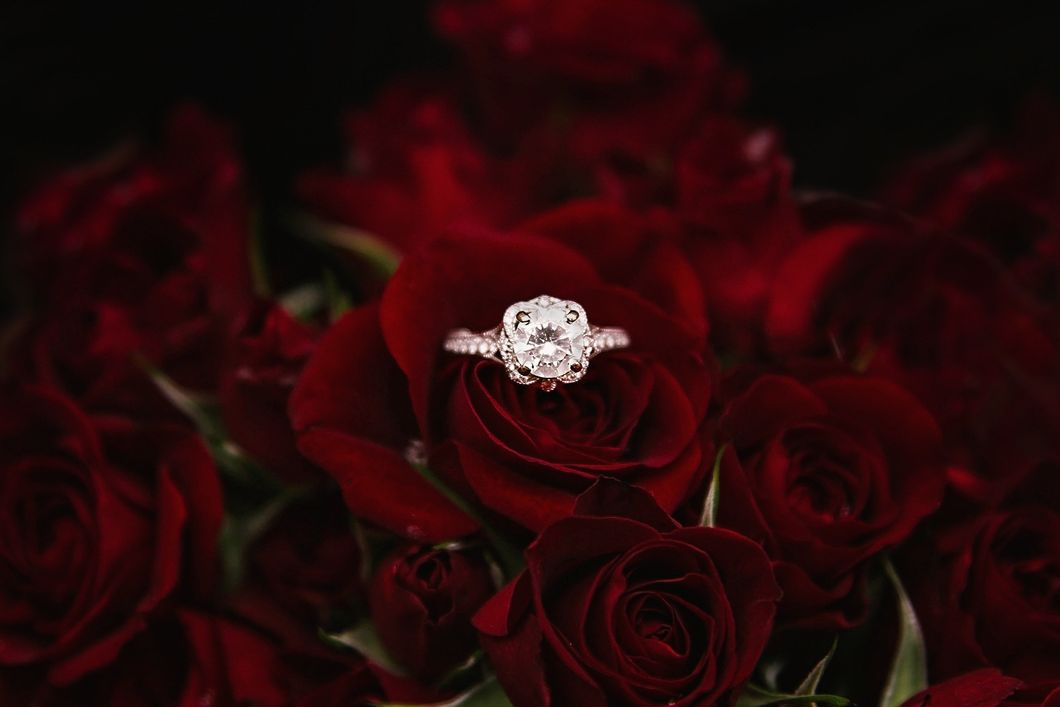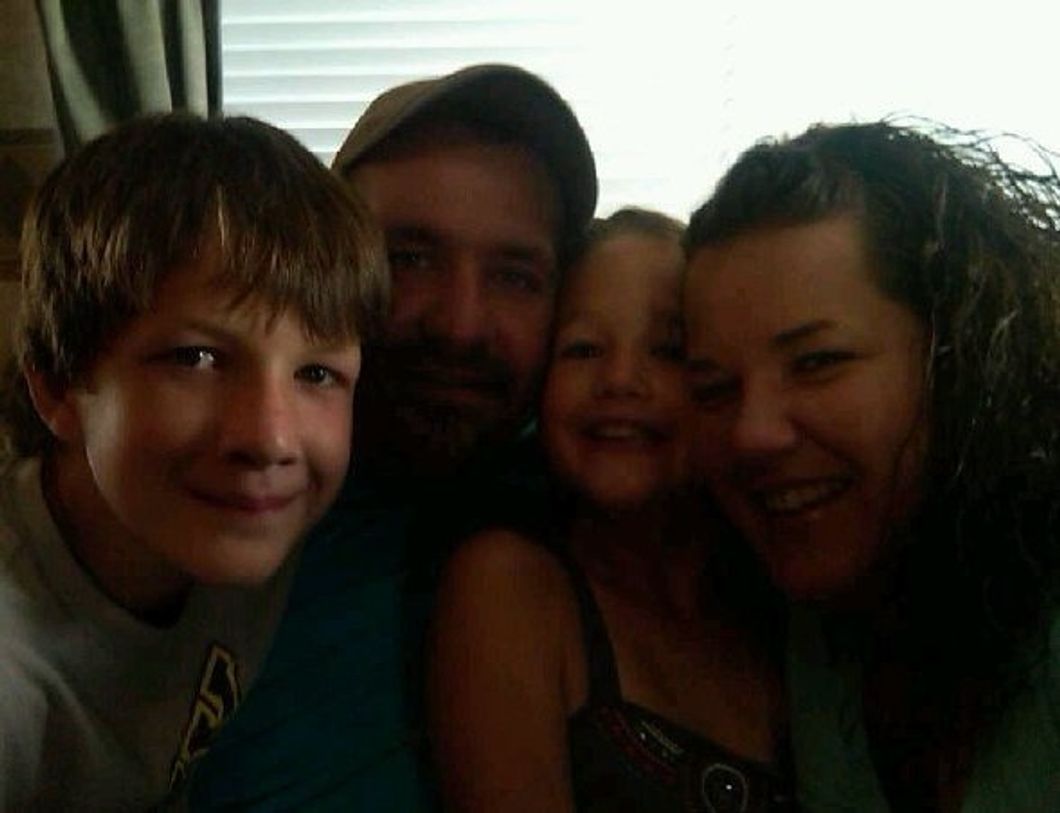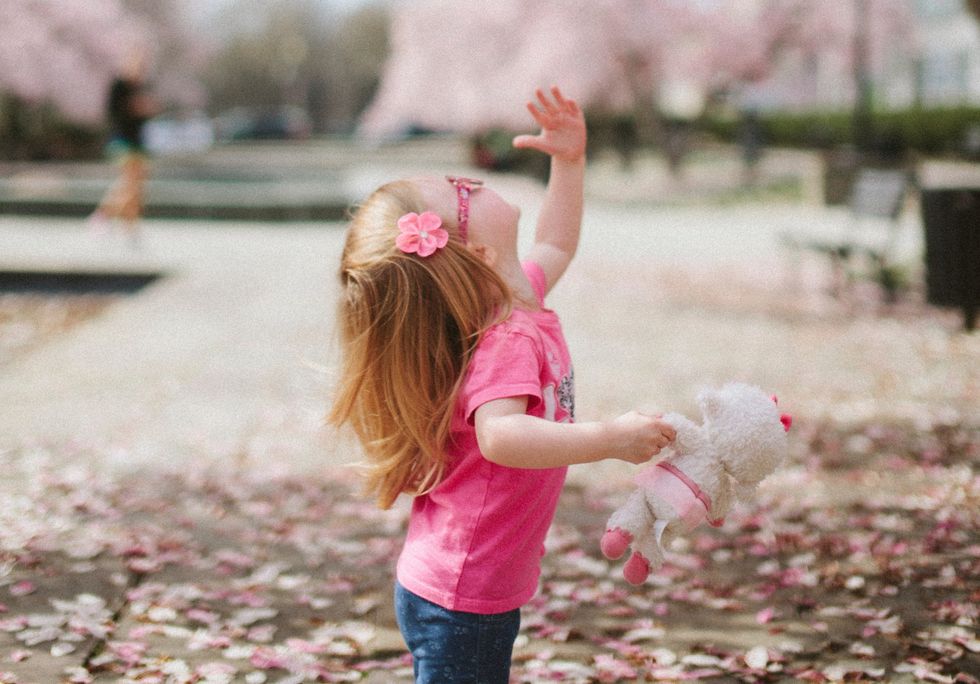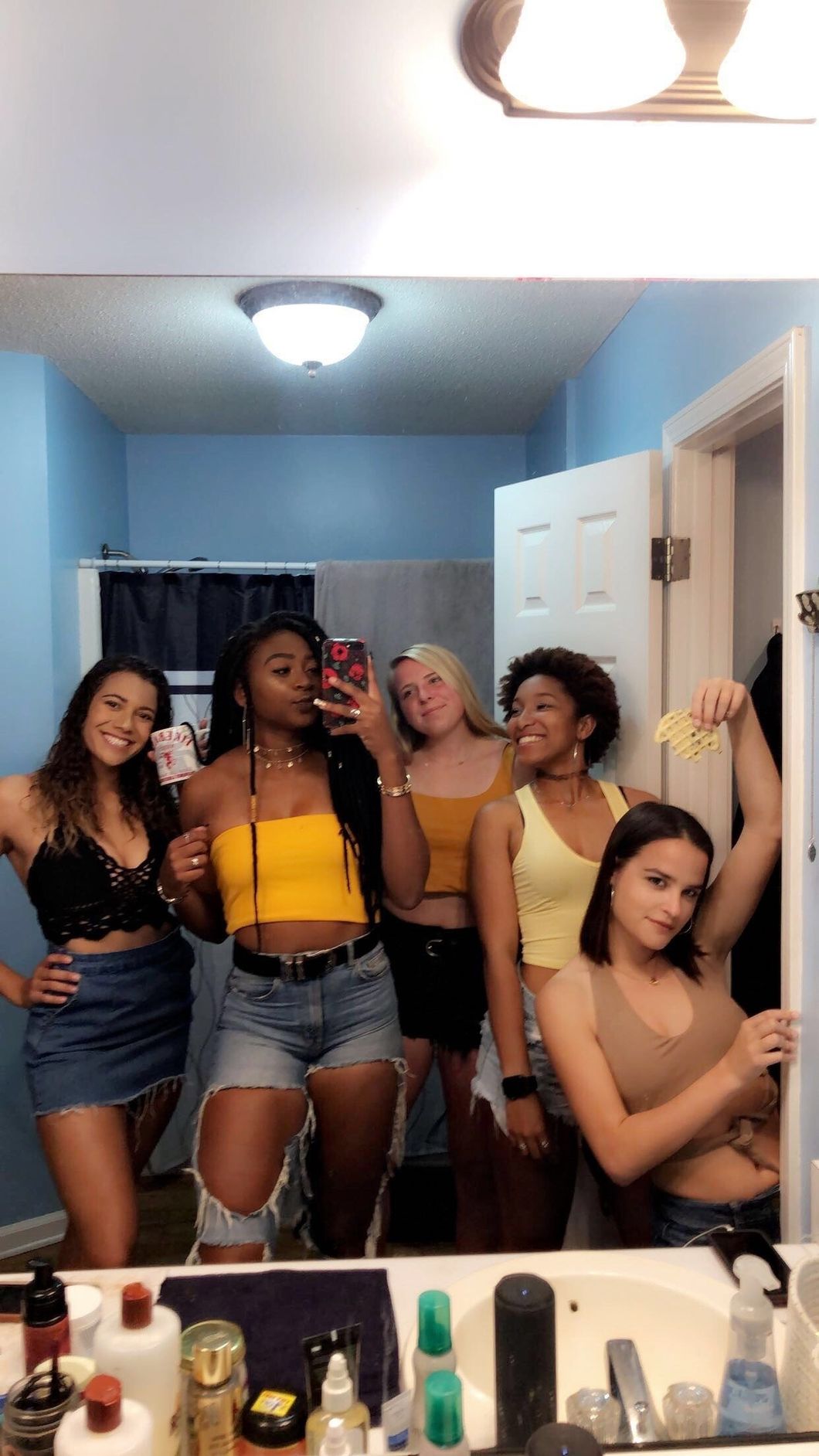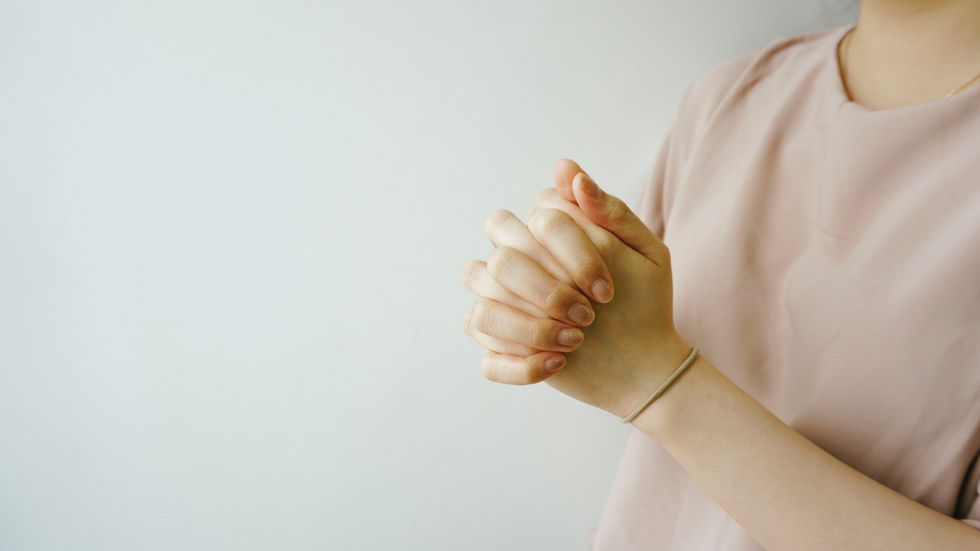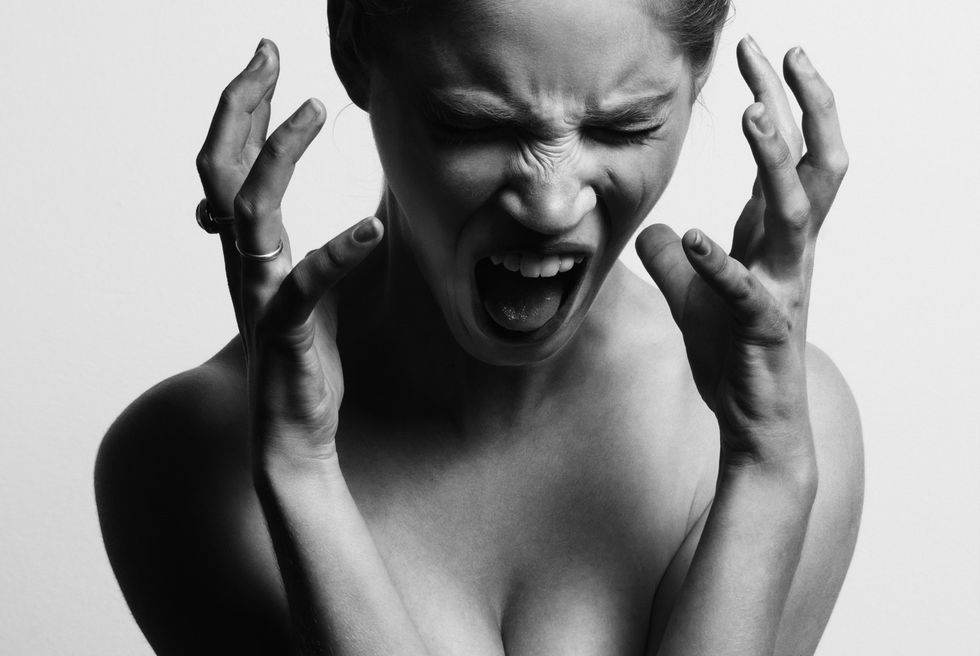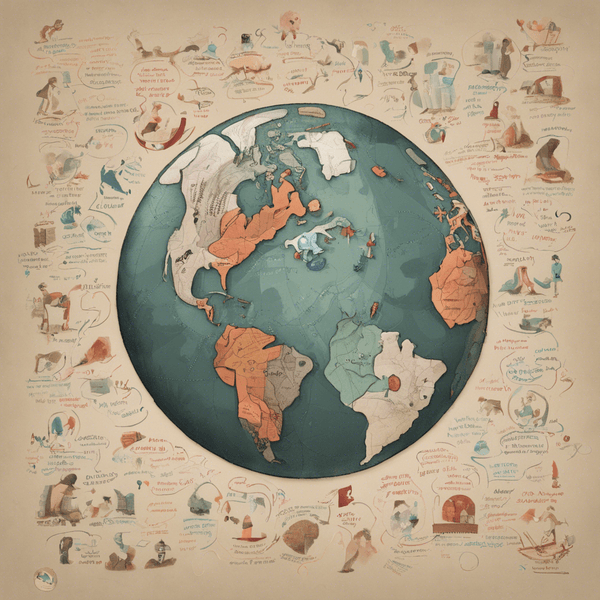To Break The Cycle: Commentary On Marriage and Divorce
Could divorce be hereditary like disease?
Statistics claim half of all marriages end in divorce. I guess that means my family must be doing marriage right.
When my mother was fifteen, her father left home. She followed his tracks a year later, a lone animal cutting through the thick Minnesota snow, and banged her fists on his polished door to be let in from the chilling bite in the air. "I'm never going back to that house," she said regarding her mother, a neurotic storm who raged by slamming cupboards and crashing dishes on the floor. He let her in. When my mother was eighteen, her father married another woman and cleansed himself of his kin. Erased, she moved in with her grandparents.
People ask silly questions online. Why do people get married? Should a depressed person marry? "Depression is a lot to put on someone," read a Youtube video comment. I agreed. Someone argued against them, calling them inconsiderate. Depression is a lot to handle. I know. It would be a lot to put on someone. Could divorce be hereditary like disease?
Traditions shape people's opinions of weddings. The maid of honor must hold the trail of the dress as the bride walks down the aisle. The mothers of the wedded couple must coordinate their dresses. The newlyweds must save the top tier of their wedding cake, freeze it, and eat it on their first anniversary. That sounds disgusting.
Surveys poll the most common reasons for divorce: infidelity, arguing, incompatibility, abuse. The list goes on. Growth stems from conflict, I tell myself. Relationships without conflict are shallow, I tell myself.
People divorce because they don't know how to live together. They don't stop loving each other, they just stop communicating. My mother told me this as she complained about my father's incapacity to listen. She was determined to avoid repeating her parent's mistake.
The Bible claims divorce is a sin. Christians forget this. Humans crave an easy escape.
I was never fortunate enough to meet my father's parents. When grandma died of a stroke, grandpa blamed the doctors for killing his wife and refused to swallow his medication. A month later he tumbled from his bed, inked the floor with his blood, and crumpled beneath the weight of his loss, spilled and broken. Death was less painful than living without the one he loved. I suppose there's hope for some marriages.
My aunt lives alone in the house her father died in. For several years she went on dates with random men, attempting to replace the love she lost from her own divorce decades prior. She couldn't replicate the love her parents had.
My sister spent twenty-five thousand dollars on her wedding. I wondered how many concert tickets could be purchased with that amount of money. My heart aches with hope for her.
Once as an adolescent, I asked my mother, "Are you and dad going to get a divorce?"
"Of course not. What a silly question. Why would you ask that?"
"No reason."
That evening, I stood in the middle of the staircase at home as I listened to my parents yell at each other from the kitchen. Dishware crashed on the wooden floorboards. I sat, tucked my knees beneath my arms, and snickered. My brain was already rewiring itself by erasing traumatic memories as an involuntary coping mechanism.

